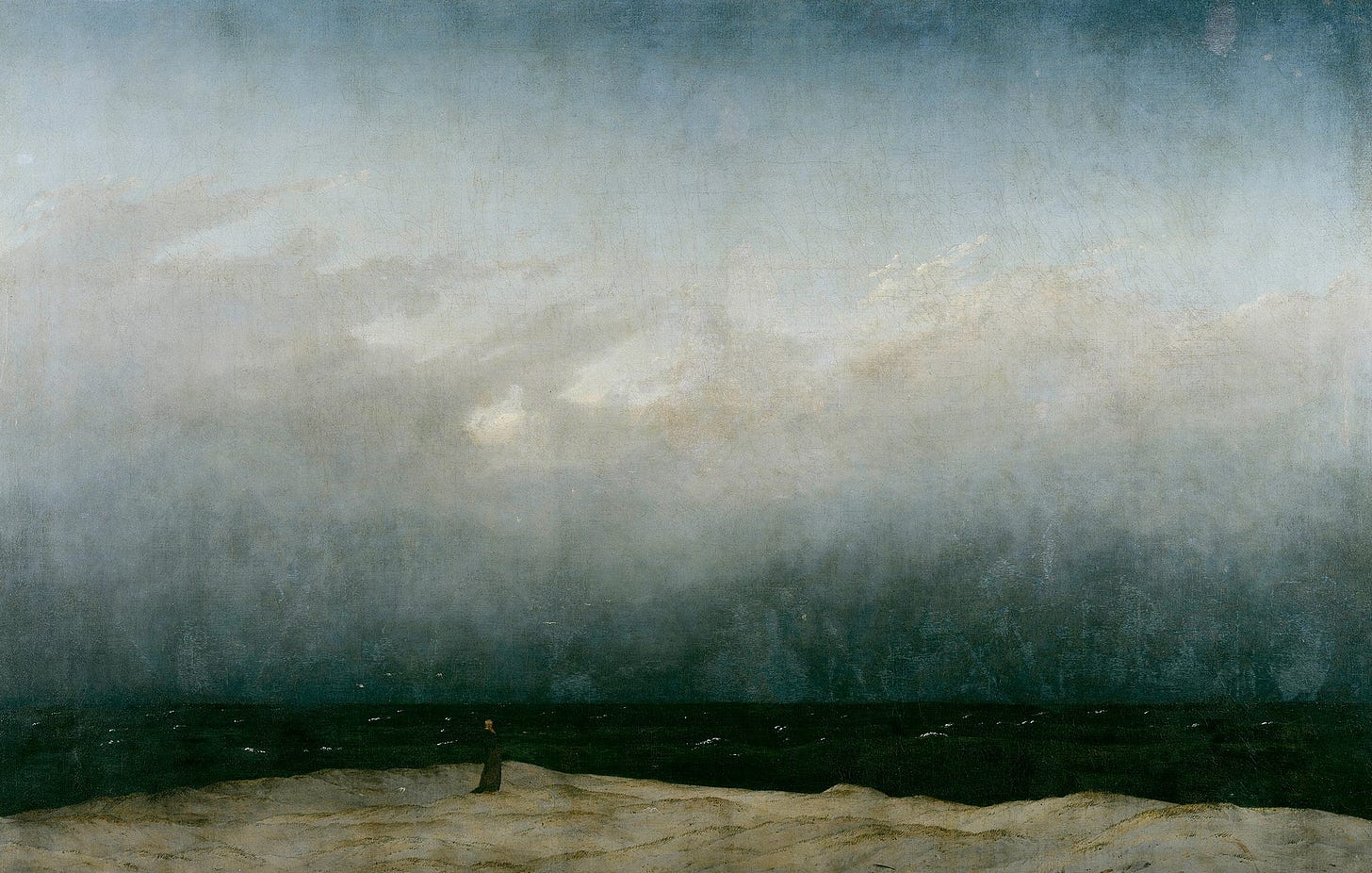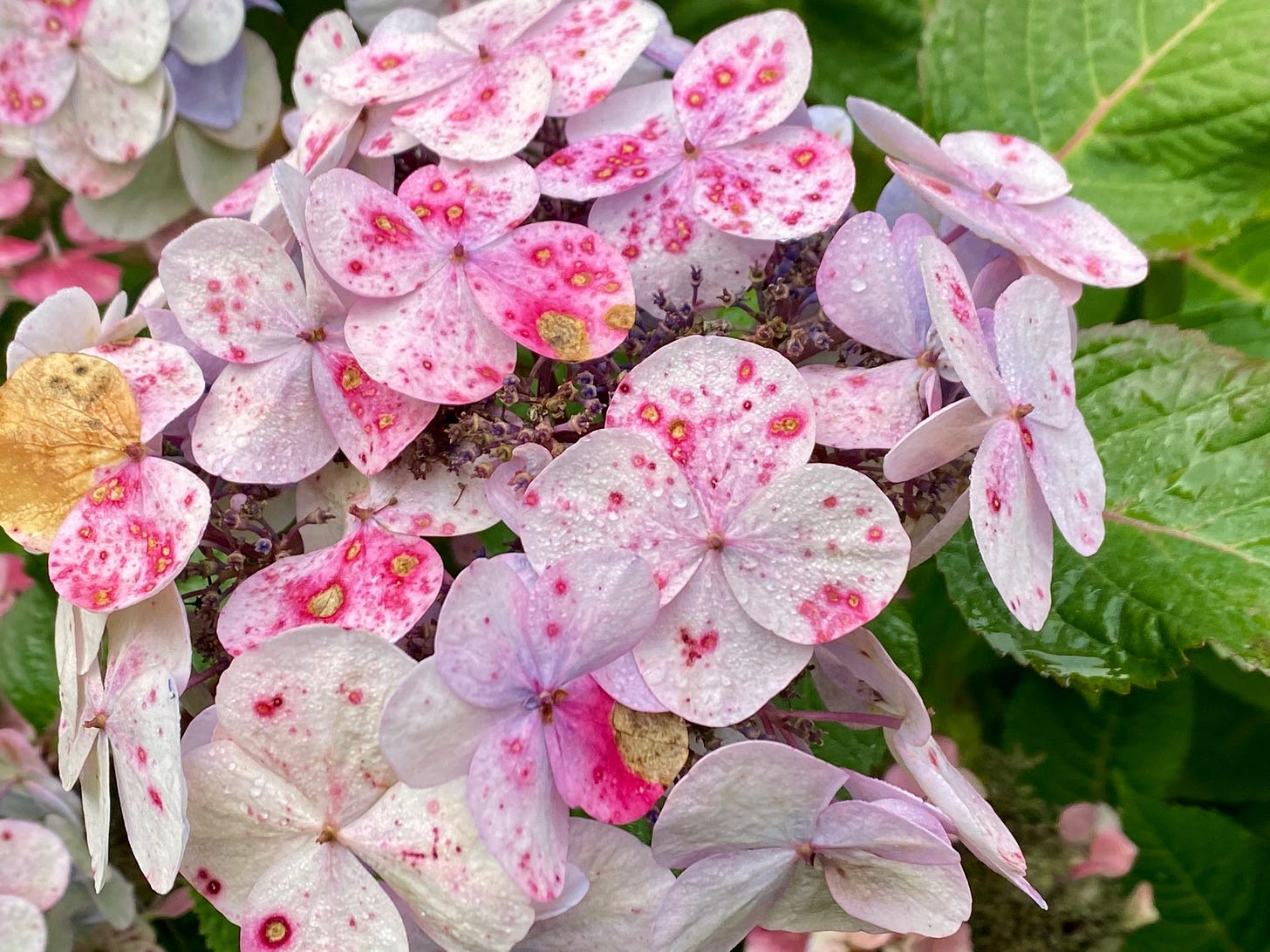Paradise Bulletin (October 15th)
The release of Anecdotes by Heinrich von Kleist is less than two weeks away. You would think that finishing a book means an end to your labors, but that’s not the case, not remotely. Even writers signed with major publishers still have to make bookstore appearances (online these days) and give press interviews. These are some primary benefits of having a publisher in the first place. I used to roll my eyes at writers who complained about having to do press cycles. I enjoy the process, but I’m in the minory, I think. Much of the publicity for Anecdotes has been self-directed, but it’s taxing for sure, and I understand why some would avoid it.
On that subject, I’ve been steadily working on another essay about Kleist, one that is rather personal, about translating the author but also about my teenage years, when I discovered him. It’s been difficult threading the needle between personal essay and literary criticism, but my editor on this piece has been quite helpful and the writing will be much stronger for his input. Having a professional read through your work and share their informed critique is one of the most transformative things about being published. Even when the pay is minuscule to nonexistent, even when there is little in the way of prestige or audience, you know someone is paying attention, and that is wonderful.
Diane Williams has a new book of stories out, How High? – That High. Williams is hands down one of my favorite living writers. Over the last three decades, she’s gained a cult following for her absurd, elliptical short stories, many of them a page or less in length. A few years ago, a massive collection of her work was published; I still haven’t read the book straight through, but rather, as was almost certainly intended, I read from it, a story here and a story there, out of order, finding new gems almost every time I open it. Despite her characteristic brevity, Williams is not an accessible writer, and she tends to get dismissed out of hand, at least by people reviewing on Amazon or Goodreads, as gimmicky, because of her oblique style and the satirical, often graphically sexual content in her work.
But Williams, as shown in a recent New Yorker interview, is quite sincere and thoughtful. Choices that might strike an uniformed reader as frivolous, weird for the sake of being weird, are in fact very considered, arising from deep personal feeling. The interviewer, Merve Emre, has done a wonderful job editing and synthesizing different conversations across different mediums into a single easy to follow dialog, which is not a simple task. If you already like Williams or are interested in her work, three new stories are available to read through Granta Magazine. I highly recommend them.



